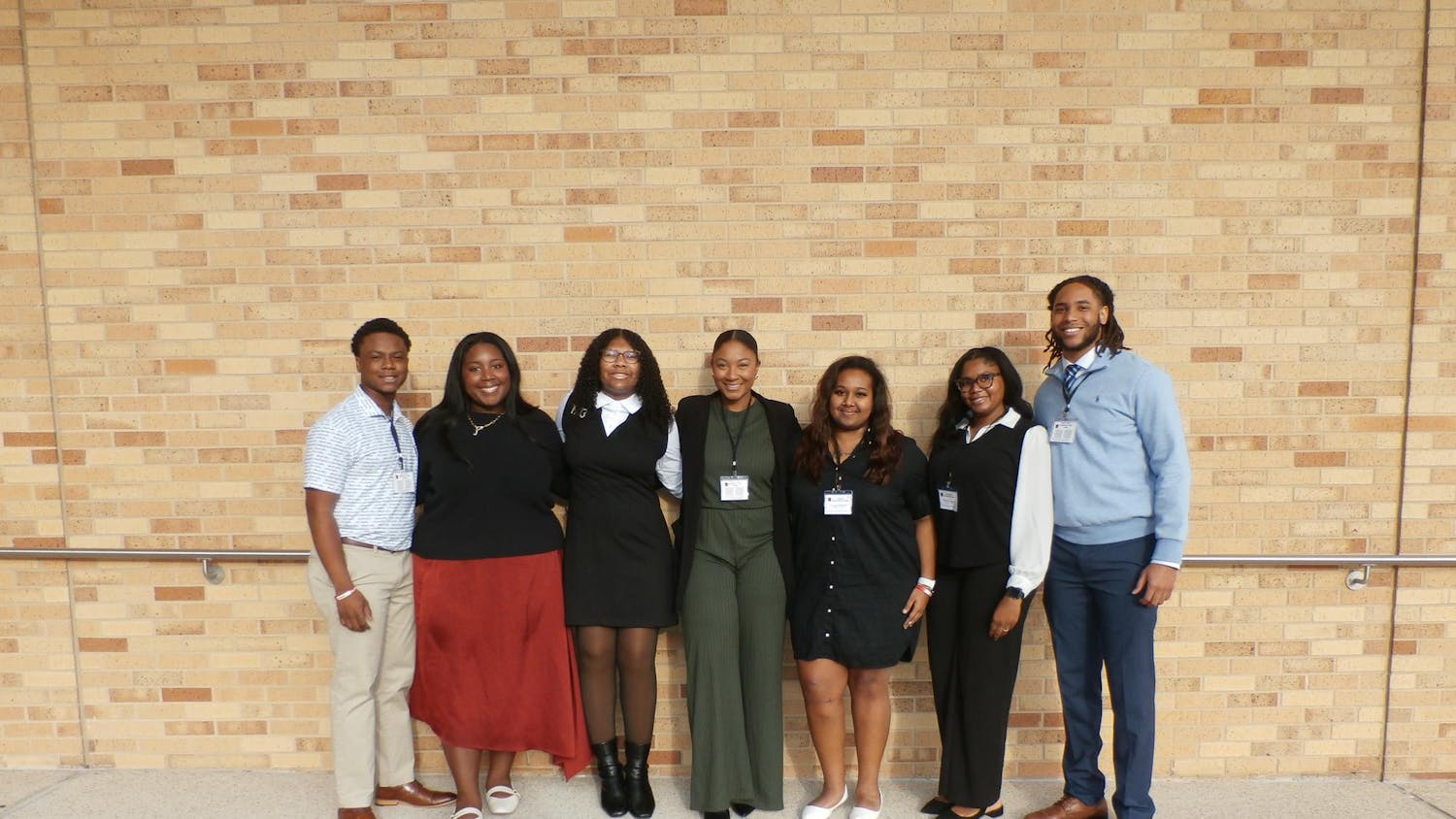The Performance Enhancement in Academics and Knowledge-Acquisition program, designed to help improve the academic performance of students who feel they lack the ability to perform as well they could will begin its "brown bag" lunch sessions on Feb. 5.
PEAK was created by Dustin Johnson, Ph.D., licensed staff psychologist of the Auburn Student Counseling Services; he will also be conducting the program.
"We are promoting improved performance rather than correcting a problem," Johnson said. "This has a more positive spin, and it is based on performance psychology."
Performance psychology is generally used to help people improve in sports, performing arts and businesses. Johnson said performance psychology is used in the real world when large companies, such as Google, encourage productivity by boosting morale, which promotes more productivity in turn.
Johnson said he thought of PEAK when he taught at a high school in Texas from 2006-08.
He helped student-athletes with mental disabilities develop a positive mindset to help them perform better on the playing field. He found the same results applied to those athletes in the classroom when they applied his mental techniques to their studies.
He brought the idea to other students and achieved the same results.
Johnson said the goal of this technique is to find a student's "GO" zone. When the student is in the blue, "cold zone," or the red, "too hot zone," the student is not performing optimally. The goal to the PEAK system is to find the green, "GO" zone.
Johnson said he believes a student must be in the correct mindset to perform at their best just as an athlete must be in the correct mindset on game day.
"Just as an athlete would practice to perform in front of 80,000 people and deal with the pressures of that, a student would study to perform well on a test," Johnson said. "Although it may not be 80,000 people, a student has some pretty stressful elements in their performance they have to get ready for too."
Johnson said he is not dealing with fully diagnosable conditions. Someone students may have anxiety when they sit down and take a test, but not a full anxiety disorder.
These are not problems that need to be corrected, but students can enhance their mental skills and habits to help curb the mental setback anxiety can cause.
"I don't have anxiety, but when I go to take a test, I get nervous just like everyone else," said Cassidy Baumann, freshman in journalism. "It's college, where every single test you take matters, and if I focus on that, I always freak myself out so that I don't do as well as I could."
PEAK aims to train students to develop a mental toughness that will allow them to learn new ways to study, new ways to prepare for the stresses college tests, new ways for students to deal with minor mental setbacks and have the capacity to "bounce back" from them easily, according to Johnson.
"I feel like a program like that would be beneficial to me, but not only me," said Samuel Murphree, sophomore in health service administration. "It would be helpful to probably everyone to learn new ways to deal with tests and just college in general."
Do you like this story? The Plainsman doesn't accept money from tuition or student fees, and we don't charge a subscription fee. But you can donate to support The Plainsman.





